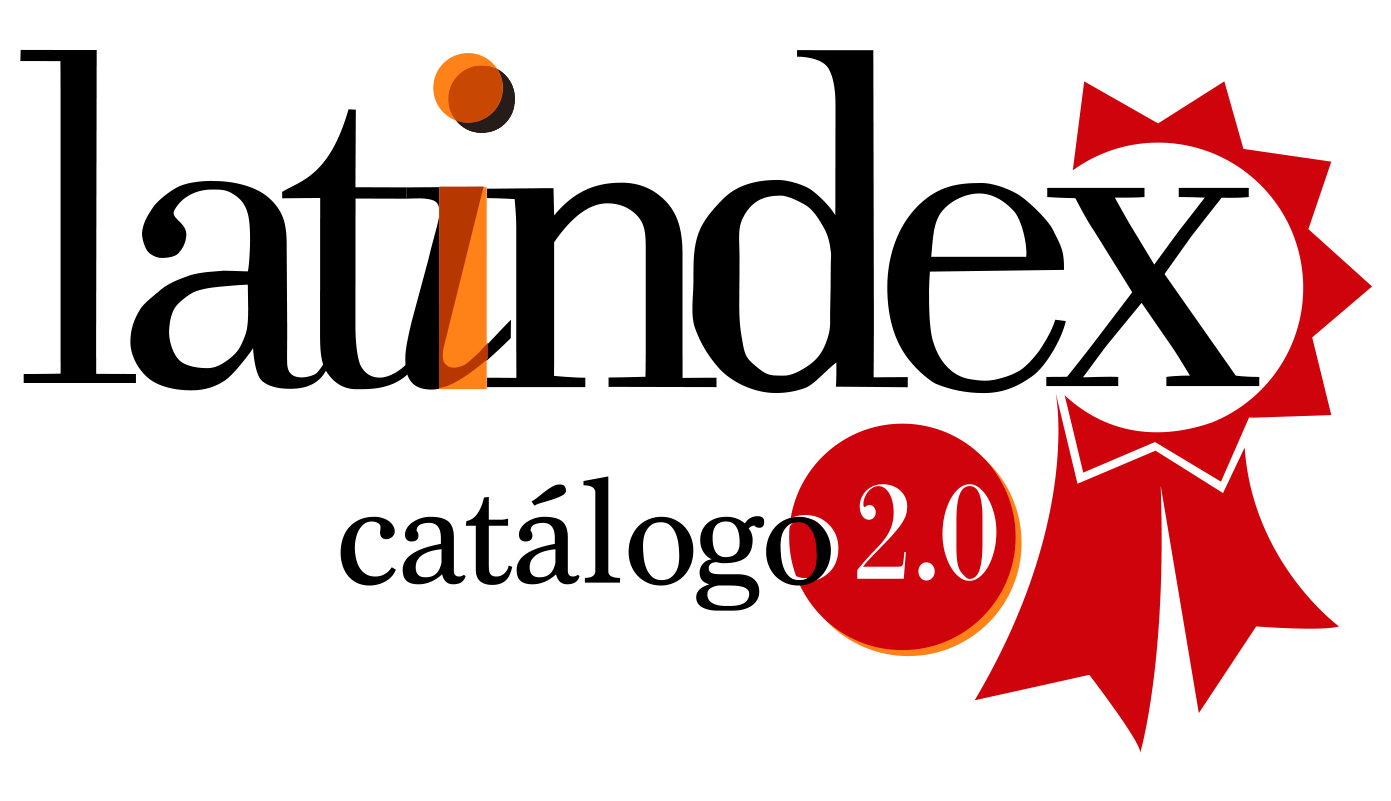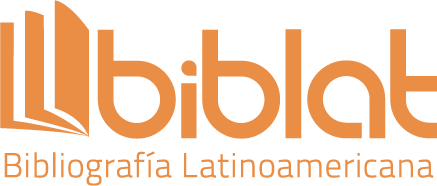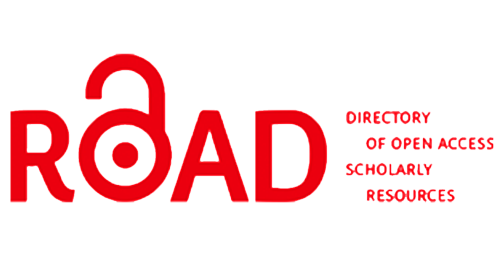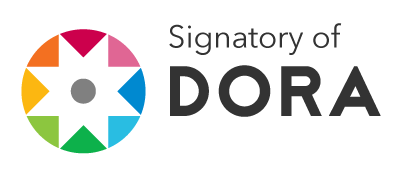Reflexive teaching practice as an applied research method in education
DOI:
https://doi.org/10.38123/rre.v3i1.284Keywords:
ICT, applied research, reflexive practice, teacher professional development, institutional ecosystemAbstract
This article discusses the concept of “reflexive practice” as an applied research method and teacher professional development (TPD) process in the context of the digital age. Drawing on the notions of Dewey and Freire, multiple scholars have extensively developed the concept in educational research and applied it to TPD. However, the articulation between the notion and digital technologies in teaching and learning has been insufficient. In recent years, reflexive practice seems to be treated in educational research from a narrow perspective. Likewise, TPD programs tend to offer isolated experiences that do not transcend the physical boundaries of one classroom or school context. This situation has led to an increasing gap between educational policies and the education professionals’ real-life teaching and learning experiences with pupils. In this sense, reflection as a TPD and applied research model on teacher professionalism can contribute to the continuous improvement of practices. It can also reduce the existing divorce between policy and practice mentioned above. To this end, it is proposed to move from bounded to holistic, dialogic, and collaborative reflexivity to increase teachers’ agency and safeguard learning within educational communities.
Downloads
References
Albion, P. R. y Tondeur, J. (2018). Information and Communication Technology and Education: Meaningful Change through Teacher Agency. En J. Voogt, G. Knezek, R. Christensen y K.-W. Lai (Eds.), Second Handbook of Information Technology in Primary and Secondary Education Springer International Handbooks of Education (pp. 1-16). https://doi.org/10.1007/978-3-319-53803-7_25-1
Bleakley, A. (1999). From reflective practice to holistic reflexivity. Studies in Higher Education, 24(3), 315-330. https://doi.org/10.1080/03075079912331379925
Brugemann, A., Garone, A., Struyven, K., Pynoo, B. y Tondeur, J. (2022). Exploring university teachers' online education during COVID-19: Tensions between enthusiasm and stress. Computers and Education Open, 3(100095), 1-13. https://doi.org/10.1016/j.caeo.2022.100095
Claro, M., Salinas, A., Cabello-Hutt, T., San Martín, E., Preiss, D. D., Valenzuela, S. y Jara, I. (2018). Teaching in a Digital Environment (TIDE): Defining and measuring teachers' capacity to develop students' digita information and communication skills. Computers and Education, 121, 162–174. https://doi.org/10.1016/j.compedu.2018.03.001
Claro, M. y Jara, I. (2020). The end of Enlaces: 25 years of an ICT education policy in Chile. Digital Education Review, 27, 96-108. https://revistes.ub.edu/index.php/der/article/view/30669/pdf
Damşa, C., Langford, M., Uehara, D. y Scherer, R. (2021). Teachers' agency and online education in times of crisis. Computers in Human Behavior, 121, 1-16. https://doi.org/10.1016/j.chb.2021.106793 ci
Dewey, J. (1910). How we think. DC Heath. http://dx.doi.org/10.1037/10903-000
Dewey, J. (1914). Ethics. Henry Holt and Co. http://dx.doi.org/10.1037/13641-000
Dewey, J. (1922). Human nature and conduct: An introduction to social psychology. Nueva York: Henry Holt and Company. http://dx.doi.org/10.1037/14663-000
Dewey, J. (1938). Education and democracy in the world of today.Schools: Studies in Education, 9(1), 96-100. https://doi.org/10.1086/665026
Dourish, P. (2009). Seeking a Foundation for Context-Aware Computing. Human-Computer Interaction, 16(2-4), 229-241. https://doi.org/10.1207/S15327051HCI16234_07
Dourish, P. (2017). The stuff of bits. An Essay on the Materialities of Information. MIT Press.
Ertmer, P. y Ottembreit-Leftwich, A. (2013). Removing obstacles to the pedagogical changes required by Jonassen's vision of authentic technology-enabled learning. Computers & Education, 64, 175-182. https://doi.org/10.1016/j.compedu.2012.10.008
Esteve-Mon, F. M., Postigo-Fuentes, A. Y. y Castañeda, L. (2022). A strategic approach of the crucial elements for the implementation of digital tools and processes in higher education. Higher Education Quarterly, 00, 1-16. https://doi.org/10.1111/hequ.12411
Freire, P. (1998). Pedagogy of Freedom: Ethics, Democracy and Civic Courage. Rowman & Littlefield Publishers.
Freire, P. (2005). Pedagogy of indignation. Routledge.
Freire, P. (2011). Pedagogía de la autonomía. Saberes necesarios para la prácticaeducativa. Siglo XXI.
Freire, P. (2014). Pedagogy of commitment. Routledge. https://doi.org/10.4324/9781315632919
Fullan, M. y Langworthy, M. (2014). A rich seam: How new pedagogies find deep learning. Pearson. https://www.michaelfullan.ca/wp-content/uploads/2014/01/3897.Rich_Seam_web.pdf
Gay, L. R., Mills, G. E. y Airasian, P. W. (2009). Educational research: Competencies for analysis and applications. Prentice Hall.
Hinostroza, J. E., Ibieta, A., Claro, M. y Labbé, C. (2016). Characterisation of teachers' use of computers and Internet inside and outside the classroom: The need to focus on the quality. Education and Information Technology, 21, 1595-1610. https://doi.org/10.1007/s10639-015-9404-6
Jones, S. y Younie, S. (2014). ICT Tools for Professional Development. En N. Pachler y M. Leask,Learning to teach using ICT in the Secondary School (pp. 40-55) . Routledge.
Laurillard, D. (2012). Teaching as a design science. Building pedagogical patterns forlearning and technology. Routledge.
Laurillard, D., Kennedy, E., Charlton, P., Wild, J., Dimakopoulos, D. (2018). Using technology to develop teachers as designers of TEL: Evaluating the learning designer. British Journal of Educational Technology, 48(6). 1044-1058. https://doi.org/10.1111/bjet.12697
Lee, J., Solemaini, F. y Harmon, S. W. (2021). Emergency Move to Remote Teaching: A Mixed Method Approach to Understand Faculty Perceptions and Instructional Practices. American Journal of Distance Education, 1-17. https://doi.org/10.1080/08923647.2021.1980705
Lim, C.-P., Zhao, Y., Tondeur, J., Chai, C.-S. y Tsai, C.-C. (2013). Bridging the Gap: Technology Trends and Use of Technology in Schools. Educational Technology & Society, 16(2), 59–68. https://www.jstor.org/stable/jeductechsoci.16.2.59
Lorenza, L. y Carter, D. (2021). Emergency online teaching during COVID-19: A case study of Australian tertiary students in teacher education and creative arts. International Journal of Educational Research Open, 2(2). 1-8. https://doi.org/10.1016/j.ijedro.2021.100057
Lowyck, J. (2013). Bridging learning theories and technology enhanced learning environments. En M. Spector, D. Merril, M. Ellen y M. J. Bishop (Eds.), Handbook of research on educational communications and technology (pp. 3-20). Springer.
Luckin, R. (2018). (Ed). Enhancing learning and teaching with technology. What the research says. UCL Institute of Education Press.
Michos, K., Hernández-Leo, D. y Albó, L. (2018). Teacher-led inquiry in technology-supported school communities. British Journal of Educational Technology. 49(6), 1077-1095. https://doi.org/doi:10.1111/bjet.12696
Novoa-Echaurren, A. (2020). Reflexive Practices Associated with Teachers' Pedagogical Use of ICT: a Chilean Case. Proceedings of the 9th Teaching & Education VirtualConference, Vienna (pp. 4-46). https://doi.org/10.20472/TEC.2020.009.004
Novoa Echaurren, Angela; (2022) Towards a Model of ICT Reflexive Practice: Investigating Teachers'User-Generated Contexts and Agency in a K-12 Chilean School[doctoral thesis (Ed. D)]. UCLL Discovery. https://discovery.ucl.ac.uk/id/eprint/10152943
Philipsen, B., Tondeur, J., Pynoo, B., Vanslambrouck, S. y Zhu, C. (2019). Improving teacher professional development for online and blended learning: a systematic meta-aggregative review. Educational Technology Research and Development, 67, 1145–1174. https://doi.org/10.1007/s11423-019-09645-8
Porayska-Pompsta, K., Preston, C., Lærke Weitze, C. y Younie, S. (2018). Technology to provide educational practitioners with the expertise they need. En: Luckin, R. Enhancing Learning and Teaching with Technology. What the ResearchSays. UCL IOE Press. 286-315.
Robson, C. (2011). Real world research. A resource for users of social research methods inapplied settings. Wiley.
Rosenberg, J. M. y Koehler, M. J. (2015). Context and Technological Pedagogical Content Knowledge (TPACK): A Systematic Review. Journal of Research on Technology in Education, 47(3), 186-210. https://doi.org/10.1080/15391523.2015.1052663
Schildkamp, K., van der Klej, F. B., Heitink, M. C., Kippers, W. B. y Veldkamp V. B. (2020). Formative assessment: A systematic review of critical teacher prerequisites for classroom practice. International Journal of Research, 103, 1-16. https://doi.org/10.1016/j.ijer.2020.101602
Schön, D. A. (1983). The Reflective Practitioner: How professionals think in action. Basic Books.
Selwyn, N., Hillman, T., Eynon, R., Ferreira, G, Knox, J., Macgilchrist, F. y Sancho-Gil, J.M. (2020). What's next for Ed-Tech? Critical hopes and concerns for the 2020s. Learning, Media and Technology, 45(1), 1-6. https://doi.org/10.1080/17439884.2020.1694945
Vanderblinde, R., van Braak, J. y Dexter, S. (2012). ICT policy planning in a context of curriculum reform: Disentanglement of ICT policy domains and artefacts. Computers & Education, 58, 1339-1350. https://doi.org/10.1016/j.compedu.2011.12.007
Whittle, C., Tiwari, S., Yan, S. y Williams, J. (2020). Emergency remote teaching environment: a conceptual framework for responsive online teaching in crises. Information and Learning Science, 121(5/6), 311-319. http://dx.doi.org/10.1108/ILS-04-2020-0099
Williamson, B., Eynon, R. y Potter, J. (2020). Pandemic politics, pedagogies and practices: digital technologies and distance education during the coronavirus emergency. Learning, Media and Technology. 45(2), 107-114. https://doi.org/10.1080/17439884.2020.1761641
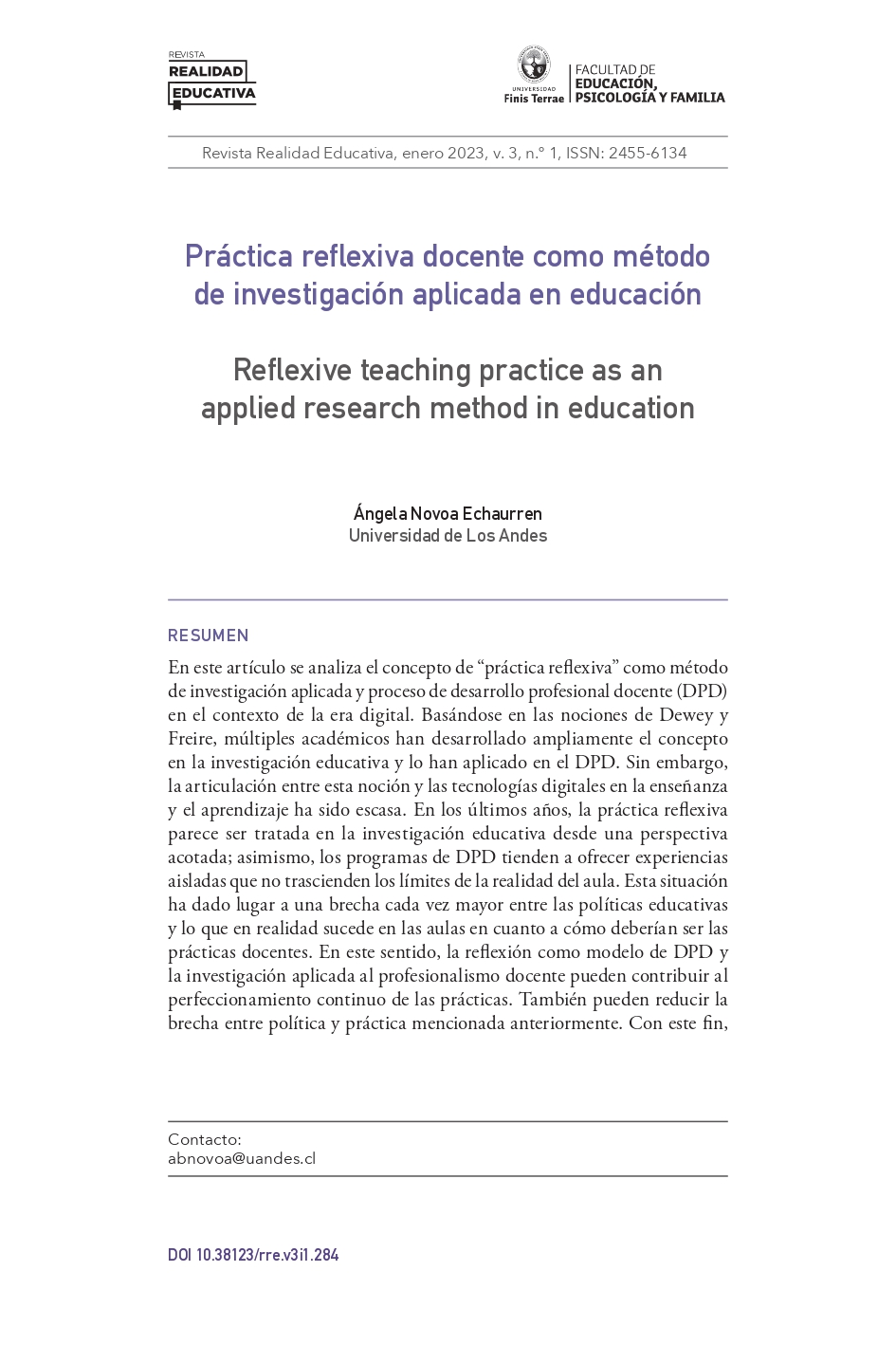
Published
How to Cite
Issue
Section
License
Copyright (c) 2022 Angela Novoa Echaurren

This work is licensed under a Creative Commons Attribution-NonCommercial-NoDerivatives 4.0 International License.
Los contenidos de esta revista se distribuyen bajo una licencia Atribución/Reconocimiento-NoComercial-SinDerivados 4.0 Internacional.


